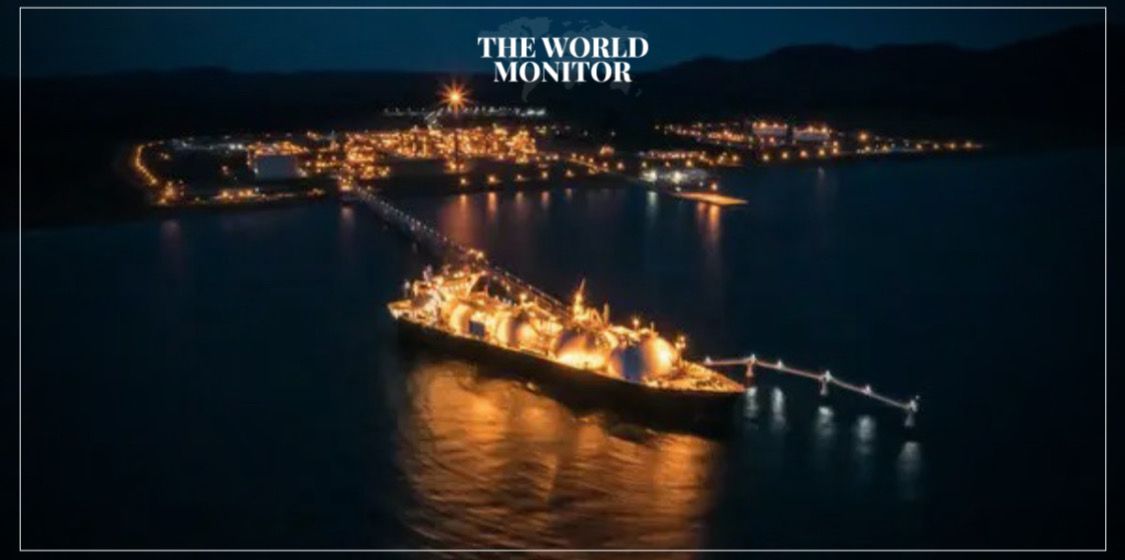The European Union has unanimously agreed to impose a fresh round of sanctions on Russia, marking a significant shift by targeting liquefied natural gas (LNG) for the first time. This move comes despite ongoing conflict in Ukraine, now in its third year.
These sanctions, which constitute the EU’s 14th package since February 2022, reflect a breakthrough in negotiations among member states. Ambassadors engaged in extensive deliberations, particularly focusing on intricate technical aspects. The approval process faced delays, primarily due to objections from several nations, including Hungary, which had previously opposed energy sector sanctions.
Germany emerged as the final holdout, expressing concerns over provisions related to the “no Russia clause,” which mandates restrictions on sensitive goods dealings with Russia. The resolution was postponed twice, notably during key diplomatic events such as the G7 summit in Italy and the peace summit in Switzerland, to accommodate German deliberations. On Thursday, Germany indicated satisfaction with revised terms, facilitating the agreement’s finalization.
The sanctioned measures on LNG represent a targeted approach rather than a complete import ban, contrasting with earlier restrictions imposed on coal and seaborne oil, major revenue sources for Moscow. Under the new sanctions, EU companies can purchase Russian LNG but are prohibited from re-exporting it to other nations, a measure aimed at curbing indirect support to Russia’s economy through LNG sales.
This decision underscores the EU’s ongoing efforts to escalate economic pressure on Russia while navigating complex energy dependencies and diplomatic sensitivities within the bloc.






